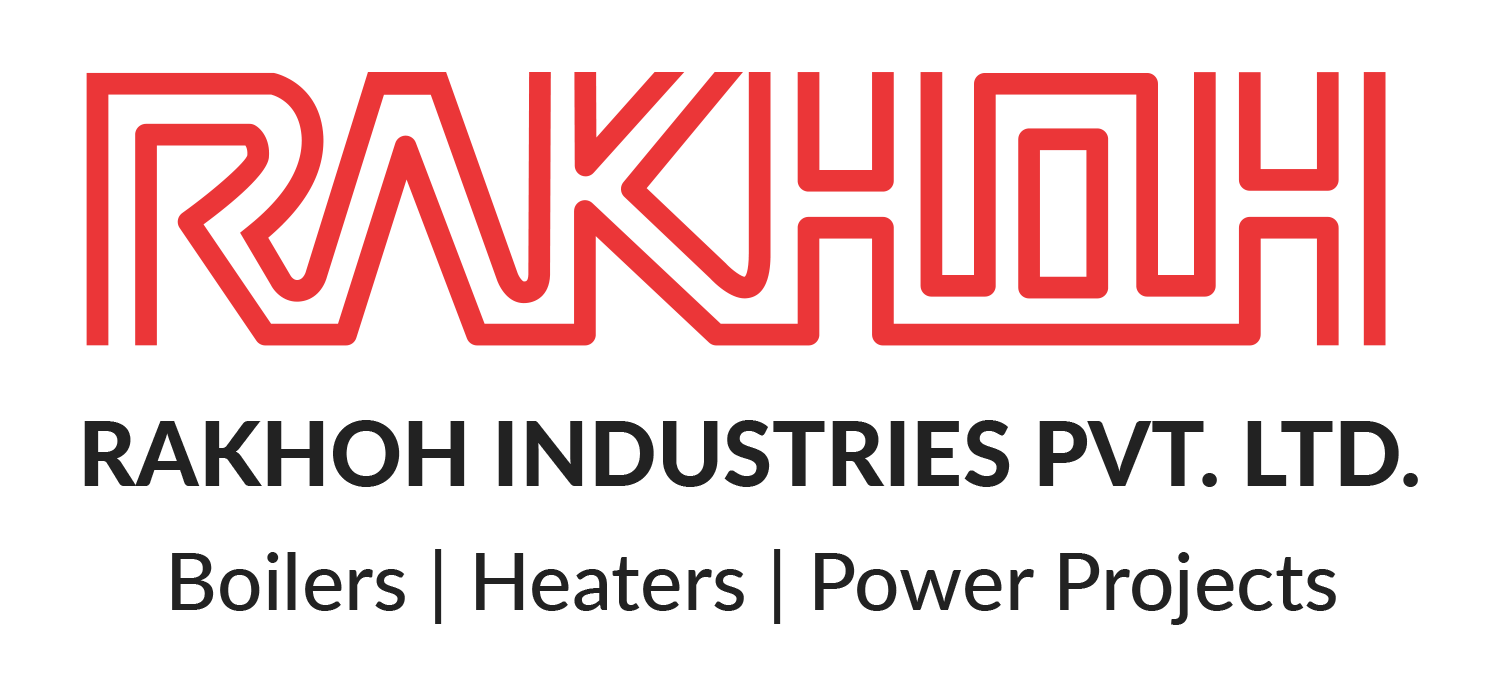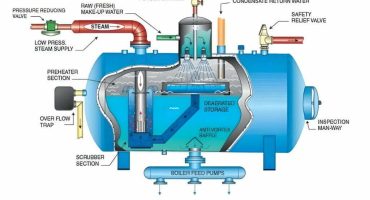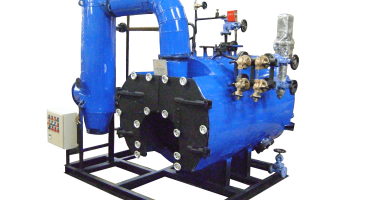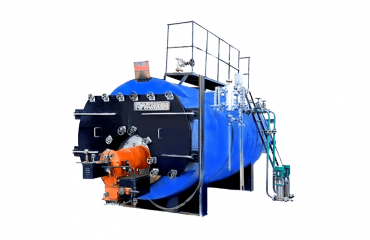Biomass Boilers are emerging as the preferred choice of boilers for manufacturing and process industries globally. With the rapid increase in the costs of fossil fuel, it has become challenging to procure it. Additionally, a higher rate of greenhouse emissions and the anticipated depletion of fossils in the next two to three decades have contributed to biomass fuel being the ideal alternative to non-renewable fuels. Biomass fuels are biological materials derived from living organisms like plants that can be used in different ways. It can either be used directly through combustion to produce heat or indirectly after converting it to various fuel types such as methane gas, ethanol, and biodiesel.
About Biomass Fuel:
Wood is the most widely used biomass fuel used in the form of logs, pellets, or wood chips. Although it is challenging to switch from a conventional fossil fuel system to a renewable fuel such as biomass, we at Rakhoh Boilers endeavor to assist the industries by discussing the advantages and disadvantages of biomass boilers in detail. Listed below are some of the noteworthy advantages and disadvantages of biomass fuels/biomass boilers,
Advantages of Biomass Boilers:
- Reduction in Carbon Emissions:
Compared to fossil fuels, biomass fuels generate a fraction of the carbon emissions. The combustion process of fossil fuel releases carbon into the environment, stored inside the fuel since millions of years ago. On the other hand, the combustion of biomass fuels releases the same amount of carbon, consumed by the living plant. It results in the carbon levels being consistent and sustainable.
- Boosts Local Business:
Biomass fuel can greatly boost the local economy and significantly reduce the transportation costs for fuels. Resultantly, it also decreases the emission caused by transporting the fuels to the process industries. Biomass fuel includes wood, agricultural wastes, animal manure, etc. that can prove beneficial to the local economy, especially in rural areas by selling the wastes they would have otherwise disposed of by burning it.
- Biomass Boilers Delivers Higher Efficiency:
Biomass boiler systems offer high combustion efficiency and reduced emission levels. With the advancement in biomass boilers, it can operate up to 90% efficiency that is vastly higher than conventional boilers and electric heating systems. Biomass boilers are highly efficient as it does not lead to fuel and heat wastage with easy disposal of ash and the CO2 created through the combustion process is equivalent to that consumed by the tree/plant matter.
- Integration with Other Heating Systems:
Not only are biomass boilers capable of replacing entirely with existing fossil fuels like gas, oil, LPG boilers, but they can also be integrated with a gas boiler. Biomass is considered the best alternative in co-firing plants using coal. As biomass and coal are both excellent sources of fuel, it is ideal for co-firing. It is essential to use at least 10% biomass to decrease the levels of CO2 emissions.
- Cost-Effective:
As the fuel used in the boiler systems is sourced locally, the fuel cost remains more stable. However, prices of fuels like gas and oil are more likely to fluctuate. Various global issues like war, natural disasters, and political changes can impact the prices of fossil fuels. Additionally, industries based in rural locations can procure wood to feed their biomass boilers.
- Renewable Source of Energy:
Biomass fuels are renewable energy sources as they can be replaced with the organic matter by the plantation of new trees. The majority of the wood used in biomass boilers comes from logging and sawmills. It is ideal to use crops that are regrown within one season to maintain the carbon emission level.
Disadvantages of Biomass Boilers:
- Requires More Space:
Biomass boilers are significantly bigger than fossil fuel boilers and require larger space for installation.
- Space for Fuel Storage:
Before installing a biomass boiler, it is necessary to ensure that the process plant has enough space to store the fuel source. It is equally important to store the fuel in a dry place to maintain its quality.
- High upfront cost:
Although biomass boilers are economical to operate due to their fuel, the boiler itself costs around 10 times more than a more conventional gas-fired boiler.
- Requires annual maintenance:
The maintenance required varies depending on whether the process plant uses a manual or automatic biomass boiler. Manual biomass boilers require cleaning of ash every week, whereas automated boilers offer self-cleaning.
- Labor Intensive:
As wood needs to be fed continuously into the system, it leads to a more labor-intensive task than other boilers. Additionally, frequent cleaning is another aspect that requires manual attention.
Conclusion:
Rakhoh Boilers are the leading boiler manufacturers in Pune since 1983. Over our journey of 38+ years, we have manufactured efficient and reliable industrial steam boilers for over 20 process industries. Our range of biomass boilers includes Solid Fuel Bi-Drum, Combo X, Membrane X, Optipac, and Huskon that provide optimal efficiency and effective combustion with various biomass fuels.
To learn more about our products and services, visit www.rakhoh.com









